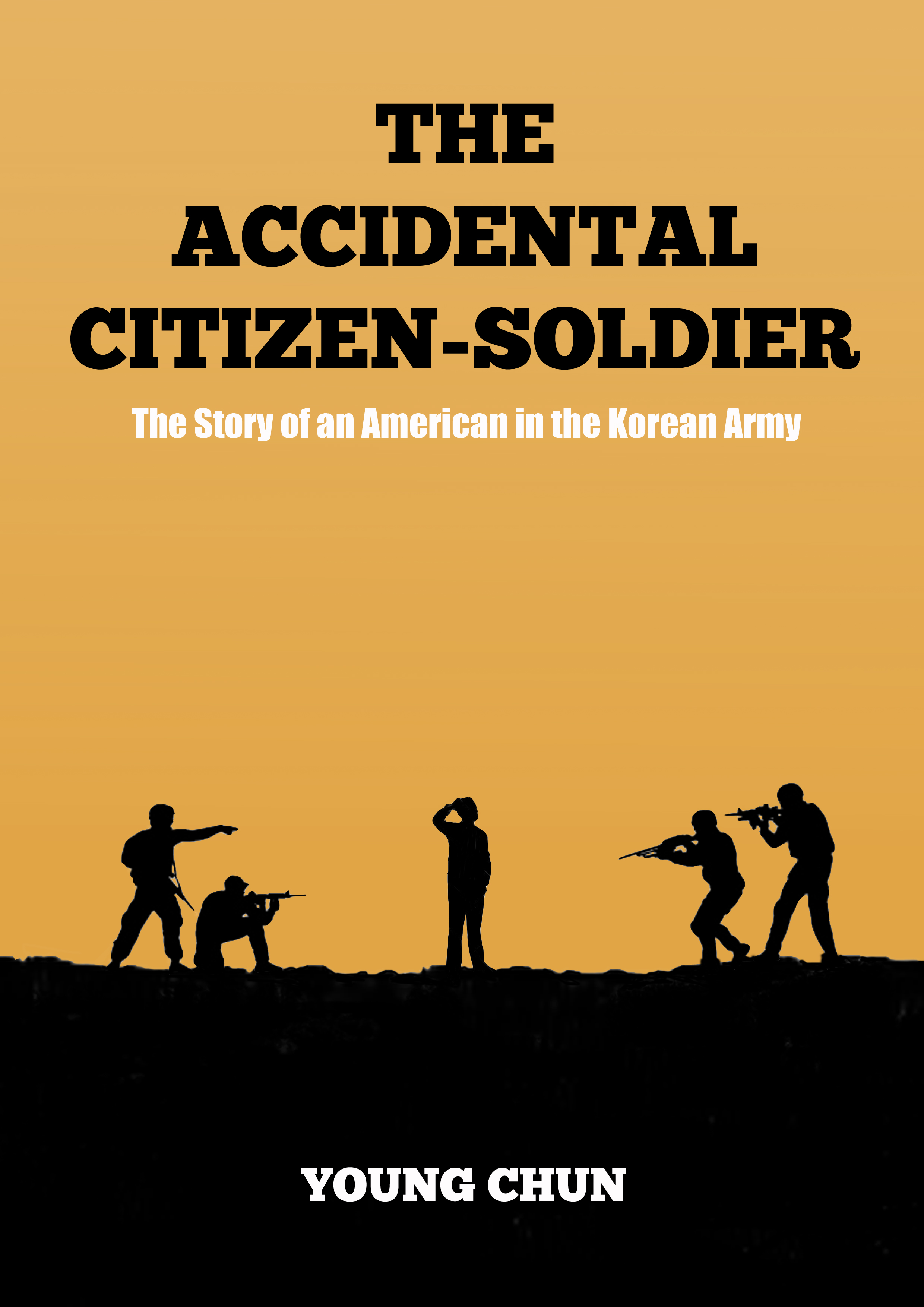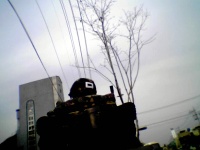Of the four projects I’ve been working on for the past two to three years, I’ve finally managed to get one out of the way, the English version of the “textbook.” I’ve called it a textbook for lack of a better term and lack of a clear sense of direction, but I’ve finally reached a point where I didn’t want to work on it anymore but felt it was good enough to publish. Ah, that sweet spot of creativity.
The book is a result of the past 11 years I’ve spent at my job teaching English to college students. In a very similar way to the memoir, this guidebook was not something I intended to publish initially but rather a collection of notes I kept for myself and later wanted to share with the other teachers at our institute who couldn’t speak Korean. As the collection grew and became more detailed, I thought that it could be a good resource for any teacher of English in Korea in hopes of raising the overall conversational ability of students here.
I chose to self-publish this version for teachers primarily because of the small size of the audience. As it says in the title, the target audience is EFL teachers in Korea. If there are around 20,000 English teachers here, I’ll be happy if even a tenth of a percent, 20 people, buy the book. While there is a possibility the Korean version for students might make some money, the fact is that a different audience means a completely different approach, resulting in countless months of writing. It might seem foolish to waste so much time for something that might only make 40 dollars in profit but writing is not about the money for me.
The book: Student Error Correction Guidebook for EFL Teachers in Korea

Here is a sample language point from the book:
Problematic example sentence: “I’m finding a job.”
Problem summary: 일자리를 찾다 iljari chatda find a job → look for a job
Explanation: This error stems from the broad meaning of the Korean word chatda (찾다), which many students think can be simply replaced in all situations with the verb “to find.” In actuality, chatda contains not only the meaning of “to find” but also “to look for” or “to search for.” The first step is to explain to students the difference in scope between chatda and “to find.”
“To look for/to search for” emphasizes the process while “to find/to discover” emphasizes the result. As a result, chatda in the present and future tense can usually be translated as “to look for/to search for” while chatda in the past tense can usually be translated as “to find/to discover.” Of course, there are exceptions to this depending on whether the process ended with a result (e.g., “I was looking for my keys but I couldn’t find them.”) or whether there is continuous discovery of results (e.g., “I like finding good places to eat.”).
Corrected example sentence: “I’m looking for a job.”
Corrected example sentence: “After months of searching, I’ve finally found a job.”





I’m gonna see about buying a hard copy of this book. 19 more copies to go!
LikeLike
Ah… it seems to be available only in Kindle right now. No matter—I’ll buy the Kindle version!
LikeLike
Hey, Kevin. Just like at the beginning of sales of the last book, there will be a printed book option through Amazon (CreateSpace) available within a week, but unless you have a connection with free shipping to Korea, I don’t really think it’s worth it. Anyway, I don’t think the Kindle version is that bad because it’s easier to navigate using the “Find” function.
LikeLike
This is a valuable resource for English teachers based in Korea. It takes a while for professional English teachers to become aware of common errors from particular languages. It also does help if you are able to understand the L1 of your language learners.
I will share this on my Facebook Page (www.facebook.com/ELTExperiences) tomorrow.
LikeLike
Hi, Martin. Thanks for the message. I haven’t really done anything to promote the book so I appreciate any shares. Thanks.
LikeLike